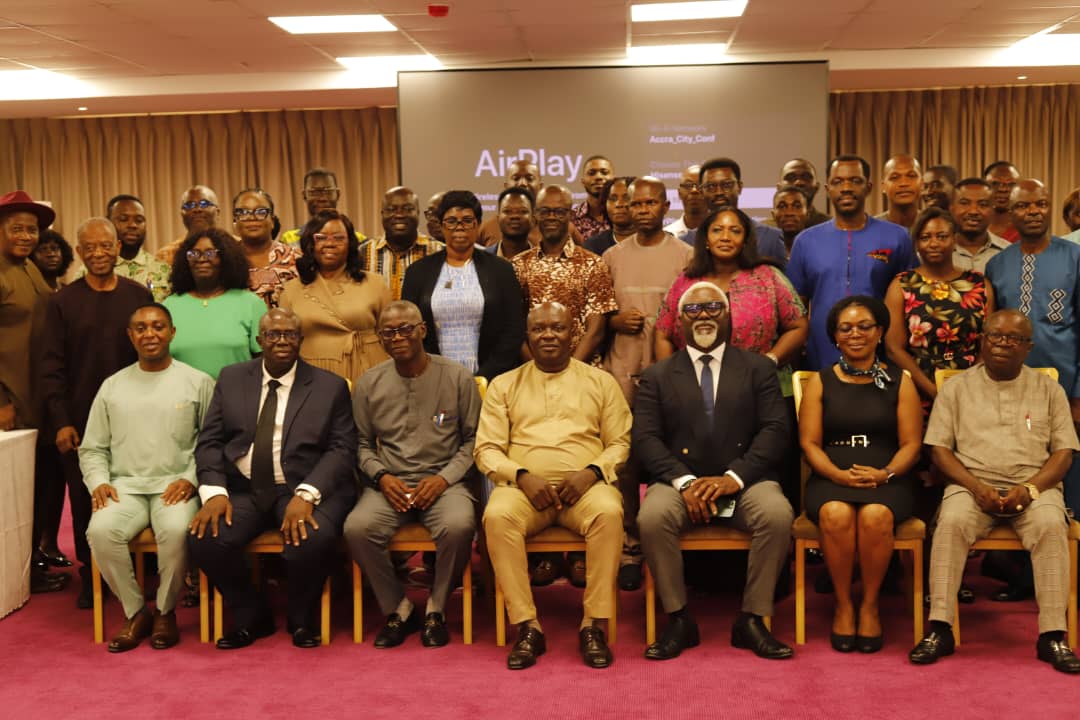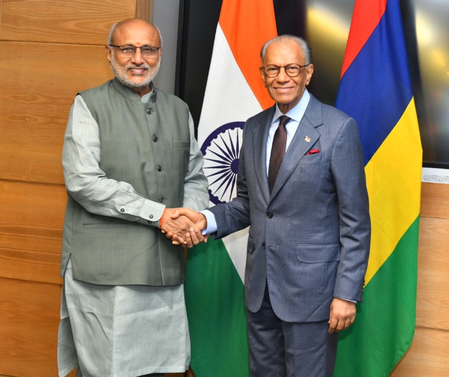Copyright myjoyonline

The President of the Ghana Publishers Association (GPA), Mr Asare Konadu Yamoah, has called for a renewed national commitment to the publishing sector. He described it as a “force that can shift the soul of a nation” and a “catalyst for Ghana’s economic and cultural transformation.” Addressing the Association’s 48th Annual General Meeting (AGM) at the Accra City Hotel, Mr Yamoah emphasised the urgent need for policy reforms that recognise publishing as a central pillar in national development. The event, themed “Policy as a Catalyst: Transforming Ghana’s Publishing Ecosystem for National Economic Growth,” attracted a wide array of stakeholders, including representatives from government, education, and the creative industries. “Publishing is more than an industry. It’s a cultural compass, a developmental engine, and a mirror of our identity,” Mr Yamoah said in his opening remarks. “It preserves our stories, educates our youth, and amplifies the voices of our people. But quiet engines deserve louder recognition.” Despite its pivotal contributions to literacy, civic consciousness, and cultural preservation, he lamented that Ghana’s publishing sector remains “under-recognised, under-resourced, and under-leveraged.” Mr Yamoah described policy as “the architecture of possibilities,” emphasising that well-crafted frameworks can drive innovation, inclusion, and equitable growth. He called for a collaborative effort between government and industry stakeholders to develop a comprehensive national publishing policy aligned with Ghana’s educational reforms and youth development agenda. He particularly stressed the importance of prioritising Ghanaian content in school curricula, advocating for the use of local languages and culturally grounded stories. “We must champion policies that prioritise Ghanaian content in educational curricula, including the use of our local languages as the foundation of learning,” he stated. Highlighting the sector’s need for modernisation, Mr Yamoah urged investment in digital publishing platforms and inclusive formats to reach persons with disabilities, multilingual communities, and marginalised youth. He also called for a review of the Copyright Act (Act 690 of 2005) to reinforce intellectual property rights and ensure fair remuneration for authors and creators. “Fair remuneration and creative freedom empower authors, publishers, and cultural institutions to thrive and contribute to Africa’s literary legacy,” he noted. The GPA President further advocated for strengthened public–private partnerships in textbook development, youth programming, and cultural preservation. “Transforming the publishing industry must be collaborative,” he said. “It demands synergy between government, publishers, educators, civil society, and private sector institutions whose work aligns with publishing activity.” Mr Yamoah reminded stakeholders that Ghana must keep pace with continental initiatives to strengthen Africa’s publishing industry. He referenced the Africa Rising campaign, launched in 2018 by the International Publishers Association and the African Publishers Network, as well as developments under the African Continental Free Trade Area (AfCFTA), which have opened new avenues for cross-border publishing. “This is a clarion call for Ghana. We must seize this momentum,” he urged. “Let us work together to develop a comprehensive national publishing policy that offers direction, incentives, and global relevance.” Reflecting on previous initiatives, including the National Textbook Development and Distribution Policy (TDDP) and the National Book Development Policy, Mr Yamoah called for urgent review and revitalisation. “Progress has been slow. The TDDP is no longer a guiding framework, and fragmented book procurement policies have yielded limited impact. It is time for coordinated dialogue to make our policies relevant, purposeful, and future-facing,” he emphasised. Reinforcing Mr Yamoah’s appeal, the United Nations Educational, Scientific and Cultural Organisation (UNESCO) reaffirmed its support for Ghana’s publishing industry. Represented by the National Programme Officer, Mr Carl Ampah, who spoke on behalf of Mr Edward Moukala, Head of the UNESCO Office and Representative to Ghana, highlighted publishing as a cornerstone of national development, cultural expression, and lifelong learning. “Effective policy creates the enabling environment where talent, innovation, and investment can flourish,” the representative said, noting that coordinated book, reading, and textbook policies could anchor educational reforms, promote cultural diversity, and stimulate the creative economy. UNESCO also drew attention to the sector’s economic potential, citing the UK’s publishing industry, which contributes approximately £7.8 billion to the economy and supports around 70,000 jobs, and Africa’s broader industry, which generates around 5.4 per cent of global publishing revenue. The organisation praised Ghana’s participation in UNESCO’s 2030 Culture Indicators Project, designed to provide critical data for evidence-based policy decisions, and called for the adoption of a National Reading Policy to foster a culture of lifelong reading in both English and local languages. Speaking on behalf of the Education Minister, Haruna Iddrisu, the Director of Pre-Tertiary Education at the Ministry of Education, Nana Baffour Awuah, reiterated the government’s commitment to supporting the publishing sector. He lauded the GPA for its “integrity, passion and tangible impact” in promoting literacy and education, pledging continued collaboration to create an enabling policy environment. He called on publishers to embrace digital technologies, invest in capacity-building, and uphold high editorial and production standards. “We must foster a culture of reading and learning, particularly among young people, to ensure a vibrant and sustainable publishing industry,” he said. Sir Justice Dennis Dominic Adjei of the Supreme Court in his remarks, stressed the importance of enforceable policies to protect Ghanaian publishing and printing industries from foreign competition, urging strict implementation of Local Printing Policies and equitable textbook procurement practices. He emphasised capacity building, modernisation, and collaboration as essential to maintaining competitiveness and sustaining local employment. “Until these bottlenecks are addressed, such policies risk favouring only a few industries perceived to have political connections,” he warned. The AGM concluded with a unanimous call for stronger policy frameworks, investment in technology, and the promotion of a reading culture, positioning Ghana’s publishing industry as a strategic national asset. Mr Yamoah summed up the sentiment, urging stakeholders. “Let policy be our catalyst. Let publishing be our legacy. Let Ghana rise, not only as a beacon of literacy and culture, but as a continental leader in publishing innovation, inclusion, and impact.”



